Italian scientist Guglielmo Marconi is widely recognized as the inventor of the radio. Born in Bologna on April 25, 1874 to a wealthy family, Marconi left school at an early age to devote himself to experimenting with transmitting electromagnetic waves.
At 20, he built a broadcasting device with an antenna linked to a sensor that could capture the electromagnetic waves generated by a bolt of lightning. When lightning struck, an electric bell rang. In the spring of 1895, using a directional antenna anchored to the ground, Marconi managed to transmit Morse code to a receiver two kilometers away. While other scientists were working on similar experiments, he was the first to do so over such a distance. Lacking sufficient support from the Italian government, Marconi decided to move to England. There, he obtained the necessary financing and, on June 2, 1896, filed a patent for his new wireless telegraph system, while at the same time further improving the transmitted signal.
In 1897 Marconi founded the Wireless Telegraph & Signal Company. He proved to be a savvy entrepreneur, helping his communication system spread and achieve rapid commercial success. After Marconi conducted some experiments in the gulf near La Spezia, Italy, in 1899 he managed to transmit radio signals from France to England, spanning the English Channel. On December 12, 1901, Marconi managed to make radio communication across the Atlantic Ocean for the first time, sending a Morse Code signal from Poldhu, in Cornwall, over 3,000 kilometers away to St. John, Canada. In 1909, Marconi became the first Italian national to win the Nobel Prize for Physics. He was 35. Both the British and Italian navies adopted Marconi’s wireless telegraph system, making radio communication between ships possible. In 1912, the Titanic used the system to call for help after it hit an iceberg. Marconi’s invention made it possible to save some 700 people from the shipwreck.
In later years, Marconi devoted his time to in-depth studies of wave transmission, contributing to the development of radar and radio systems. He won numerous awards and prizes, and was made a senator of the Kingdom of Italy in 1914. In 1937, the BBC made the first-ever television broadcast using technology pioneered by Marconi. In later years, rival scientists such as Nikola Tesla and Aleksandr Popov argued that they were the true fathers of the new wireless communication system. The dispute remains unresolved today. Guglielmo Marconi died in Rome on July 20, 1937. He was 63. Radio broadcasts around the world were interrupted for two minutes in his honor.
At 20, he built a broadcasting device with an antenna linked to a sensor that could capture the electromagnetic waves generated by a bolt of lightning. When lightning struck, an electric bell rang. In the spring of 1895, using a directional antenna anchored to the ground, Marconi managed to transmit Morse code to a receiver two kilometers away. While other scientists were working on similar experiments, he was the first to do so over such a distance. Lacking sufficient support from the Italian government, Marconi decided to move to England. There, he obtained the necessary financing and, on June 2, 1896, filed a patent for his new wireless telegraph system, while at the same time further improving the transmitted signal.
In 1897 Marconi founded the Wireless Telegraph & Signal Company. He proved to be a savvy entrepreneur, helping his communication system spread and achieve rapid commercial success. After Marconi conducted some experiments in the gulf near La Spezia, Italy, in 1899 he managed to transmit radio signals from France to England, spanning the English Channel. On December 12, 1901, Marconi managed to make radio communication across the Atlantic Ocean for the first time, sending a Morse Code signal from Poldhu, in Cornwall, over 3,000 kilometers away to St. John, Canada. In 1909, Marconi became the first Italian national to win the Nobel Prize for Physics. He was 35. Both the British and Italian navies adopted Marconi’s wireless telegraph system, making radio communication between ships possible. In 1912, the Titanic used the system to call for help after it hit an iceberg. Marconi’s invention made it possible to save some 700 people from the shipwreck.
In later years, Marconi devoted his time to in-depth studies of wave transmission, contributing to the development of radar and radio systems. He won numerous awards and prizes, and was made a senator of the Kingdom of Italy in 1914. In 1937, the BBC made the first-ever television broadcast using technology pioneered by Marconi. In later years, rival scientists such as Nikola Tesla and Aleksandr Popov argued that they were the true fathers of the new wireless communication system. The dispute remains unresolved today. Guglielmo Marconi died in Rome on July 20, 1937. He was 63. Radio broadcasts around the world were interrupted for two minutes in his honor.
RELATED
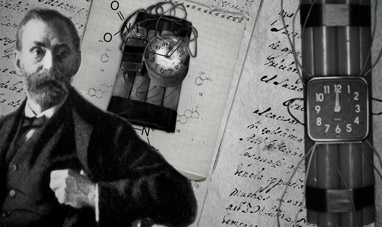

ALFRED NOBEL
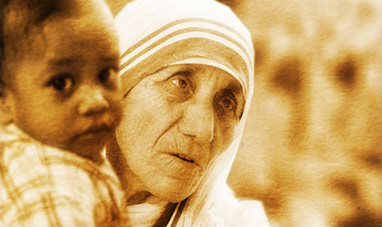

MOTHER TERESA OF CALCUTTA
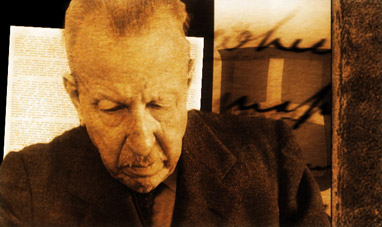

BENEDETTO CROCE
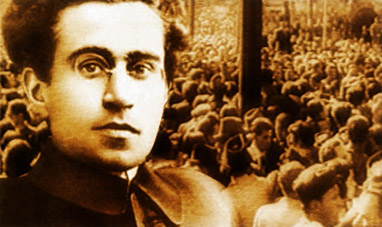

ANTONIO GRAMSCI
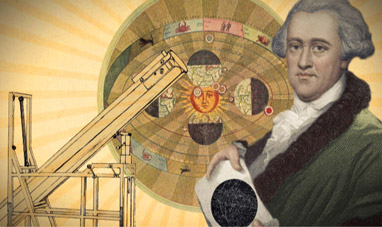

WILHELM HERSCHEL


ISAAC NEWTON
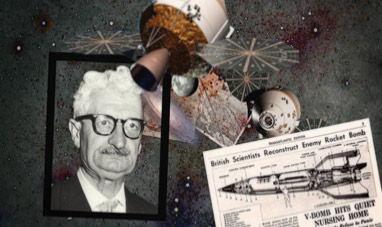

WERNHER VON BRAUN
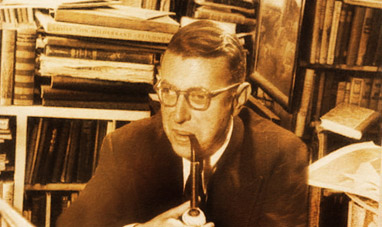

JEAN PAUL SARTRE
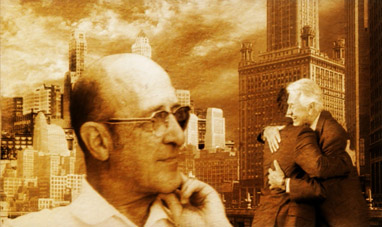

CARL ROGERS
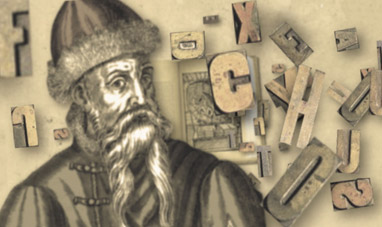

JOHANNES GUTENBERG
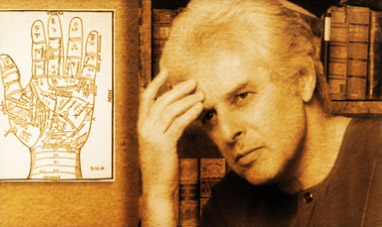

ALEJANDRO JODOROWSKY
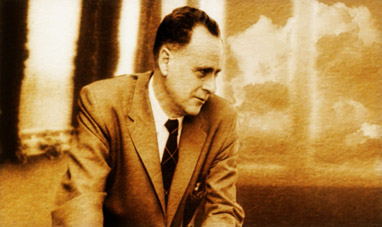

MARSHALL MCLUHAN
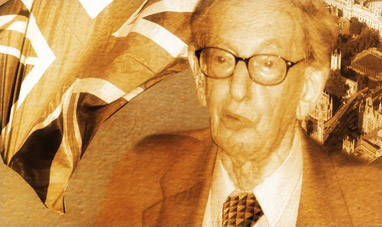

ERIC HOBSBAWM
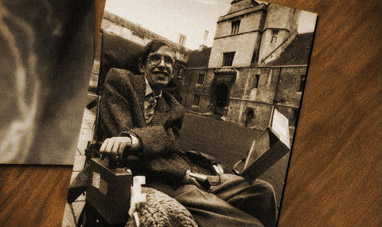

STEPHEN HAWKING
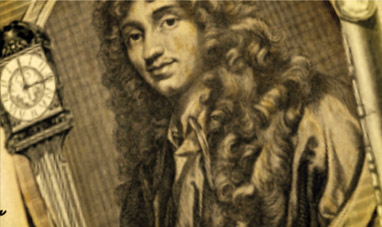

CHRISTIAAN HUYGENS
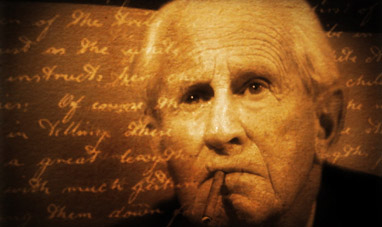

HERBERT MARCUSE
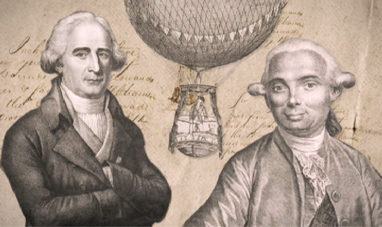

THE MONTGOLFIER BROTHERS
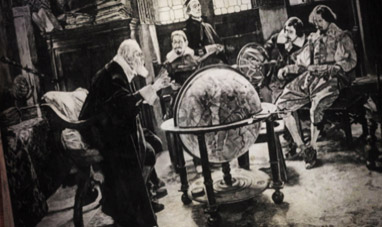

GALILEO GALILEI
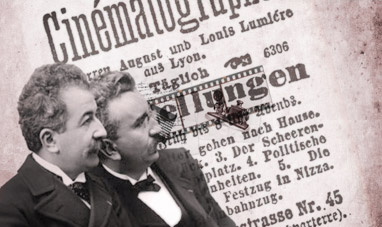

THE LUMIÈRE BROTHERS
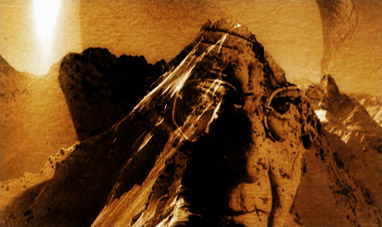

ERICH FROMM
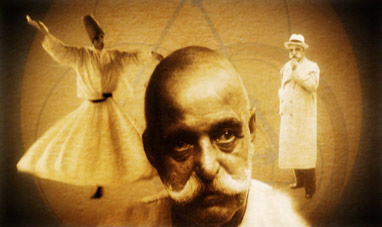

GEORGE IVANOVICH GURDJIEFF
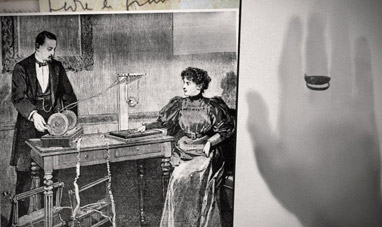

WILHELM RÖNTGEN
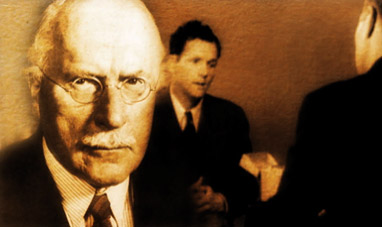

CARL GUSTAV JUNG
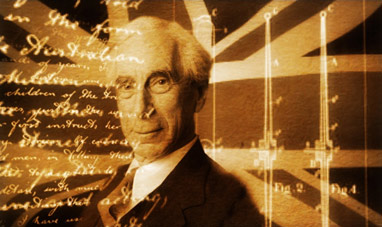

BERTRAND RUSSEL
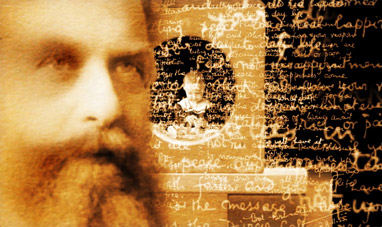

EDMUND GUSTAV ALBRECHT HUSSERL
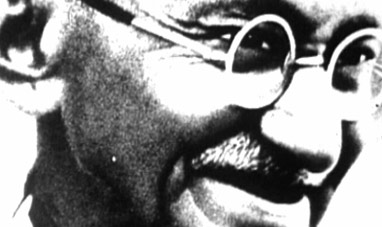

GANDHI
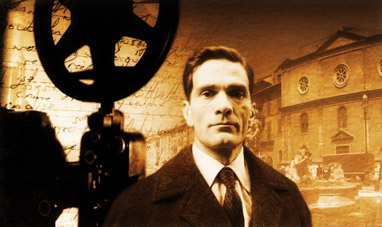

PIER PAOLO PASOLINI
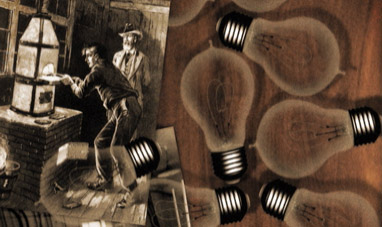

THOMAS ALVA EDISON
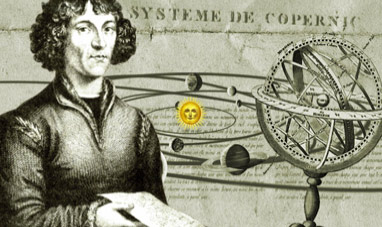

NICOLAUS COPERNICUS
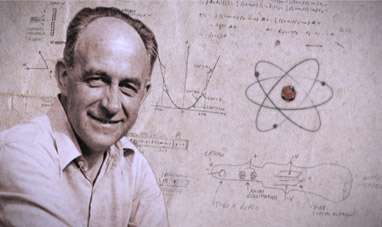

ENRICO FERMI
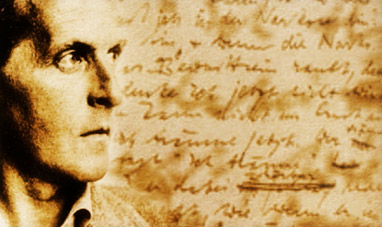

LUDWIG WITTGENSTEIN
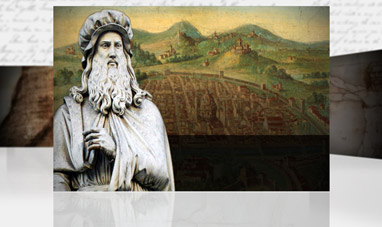

LEONARDO DA VINCI
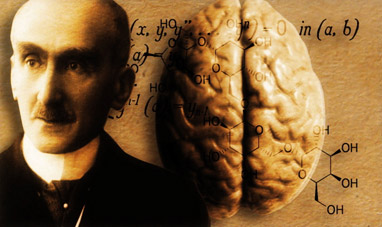

HENRI BERGSON
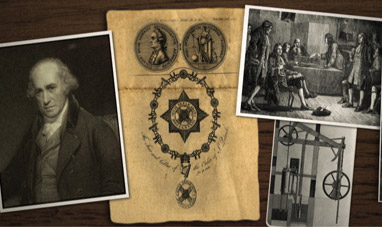

JAMES WATT
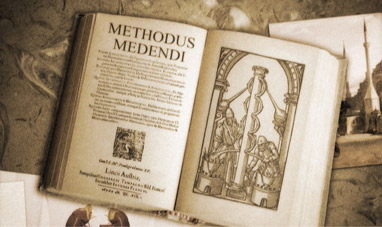

GALEN
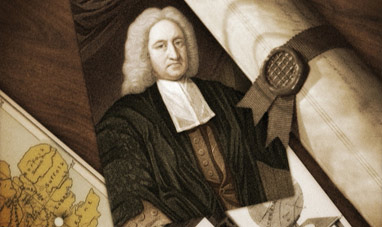

EDMUND HALLEY
